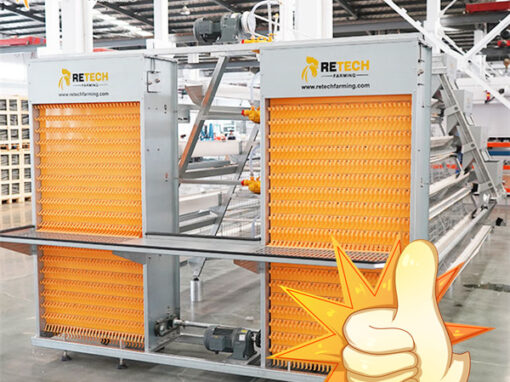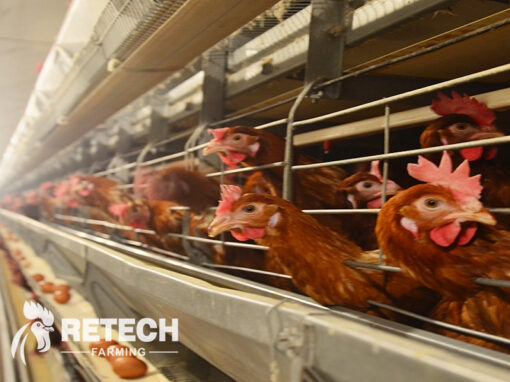Raising chickens is indeed a very profitable business, but it is not without its challenges, such as the situation of chickens laying soft-shelled eggs. You may have questions like “Why are my chickens laying soft eggs?”, and you are not the only one who has encountered this question. The problem of soft-shelled eggs is often confusing for poultry farmers, but as long as you understand the reasons behind it and find the right solutions, you can effectively solve and alleviate this problem.
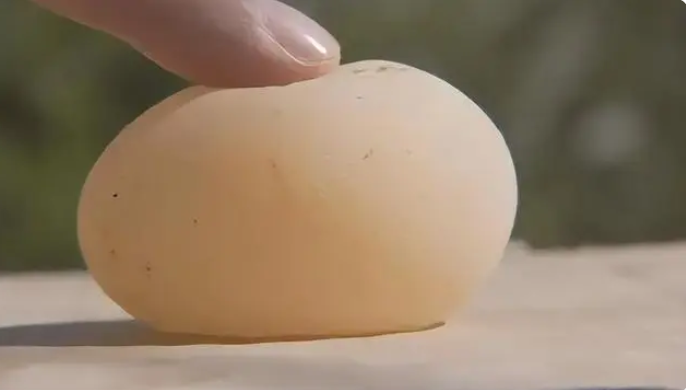
What are soft-shell eggs?
Soft-shell eggs, or rubber eggs, are eggs that have a thin, soft shell or no shell at all, with only a thin membrane covering the egg’s contents. These eggs break easily and are therefore not suitable for sale or consumption.
Common causes of soft eggs
1.Calcium deficiency: Adequate calcium is important for forming hard egg shells. If the hen’s diet is deficient in calcium, it may result in soft or thin-shelled eggs.
2.Insufficient vitamin D: Vitamin D helps hens absorb calcium. If vitamin D is insufficient, usually due to lack of sunlight, it may affect the texture of the egg shell.
3.Age factor: Young hens that are just beginning to lay eggs, also known as “chicks”, may produce soft-shelled eggs when their reproductive systems are just beginning to mature. Similarly, hens may produce soft-shelled eggs as they get older and near the end of their egg-laying life cycle.
4.Stress: Things like poor housing conditions or sudden changes in the environment can cause stress to hens, causing them to produce soft-shelled eggs.
5.Diseases: Some diseases, such as infectious bronchitis, can affect a hen’s reproductive system and cause them to produce soft-shelled eggs.
6.Genetic issues: Some breeds or individual hens may be genetically more likely to produce eggs with weaker shells.
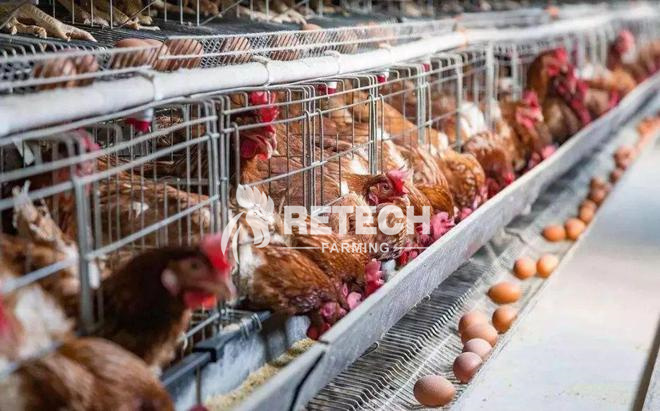
Changing Diet to Improve Egg Quality
1.Increase Calcium Intake
- Crushed Oyster Shells: Add crushed oyster shells to a separate feeder on a consistent basis.
- Calcium-Enriched Feed: Use a commercial layer feed that is formulated to contain enough calcium for laying hens.
- Limestone: Add limestone or ground eggshells to the feed as an additional source of calcium.
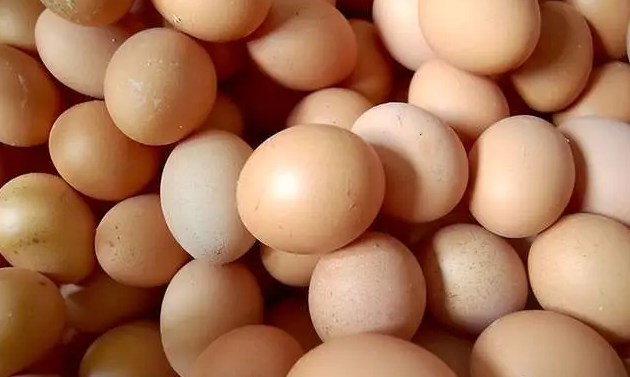
2.Ensure Sufficient Vitamin D
Vitamin D is essential for calcium absorption. To ensure your chickens are getting enough Vitamin D:
- Vitamin D Supplements: Add a Vitamin D supplement to the feed.
3.Balance protein levels
- Layer feed: Choose a commercial layer feed that contains at least 16-18% protein.
- Protein-rich food: Occasionally supplement with high-protein food such as mealworms and fish meal.
4. Reduce stress on hens
Reduce stress on hens, monitor and eliminate stressors in the chicken house environment. Ensure adequate space and a comfortable breeding environment so that hens can lay eggs without worries.
5. Clean water source
- Clean water: Provide fresh, clean water at all times. Hydration is the key to nutrient absorption. Ensure the cleanliness of water pipes and water sources.
6.Closed chicken house feeding
The automated layer battery cages of Retech farming increase the feeding space, and the automatic feeding system can evenly distribute the feed so that every chicken can eat enough.

battery cages
If you notice a large number of soft-shelled eggs, contact your husbandry advisor and veterinarian as soon as possible.
Soft-shelled eggs may be a warning sign of health problems or management issues in your flock. Be sure to pay attention and intervene effectively to reduce the occurrence of soft-shelled eggs by increasing nutrient solution and improving the breeding environment. The chickens will be healthier and you will also reap higher breeding profits.
Improve the feeding environment. For more information about poultry farming solutions and equipment, you can visit the Retech Farming website, and our project manager will introduce you to the product information in detail.

